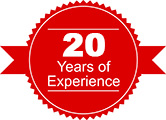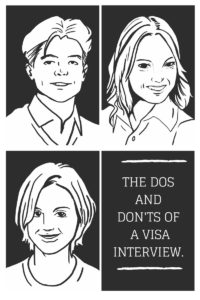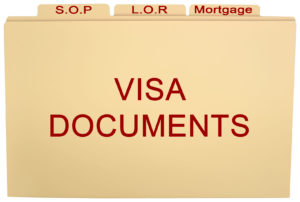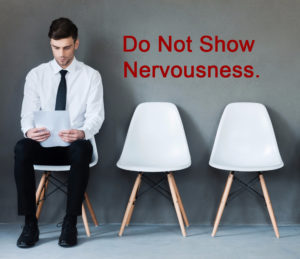Dos and Don'ts of Visa Interviews
Visa interviews are the most essential parts of overseas education procedures. If everything else is errorless and perfect but this particular portion of the procedure is not handled with care then the entire careful procedure and the money you spent on it shall go waste. Here is a little piece of information that shall help you creating an impact in the visa interviews and get yourself that much-awaited stamp in your passport.
The Dos
1) Do dress nicely:
 A nicely dressed personality not only does create an impact in front of interviewers but also enhances one’s sense of confidence which is extremely important in an interview.
A nicely dressed personality not only does create an impact in front of interviewers but also enhances one’s sense of confidence which is extremely important in an interview.
2) Do make sure that every document is authentic:
If you are suspicious and any document you give turns out to be fake or un-authentic, you would be rejected for that particular country permanently. It is rather good to fail once and try again.
3) Do know your purpose properly: The “Why do you wish to be there?” question arrives in every single interview. Sit with yourself and decide valid and legitimate reasons why you wish to visit a particular country, course and city.
4) Do research properly and know your facts: Know the facts and figures of the course and university before you commence the interview. It is highly essential for you to sound aware and informed. Once you research accurately you will also say through the purpose questions very easily.
The Don’ts
1) Do not chant your answers: It is important for you to make scripts and refer some but please do not mug up on the lines. Keep in mind the important figures and try to frame things to say. The intention is not lack of preparation but spontaneity. Spontaneity is an important aspect in every interview.
2) Do not show nervousness:
It is ok to carry some nervousness within but a lack of confidence is a huge letdown. Tell yourself that you have worked quite hard behind the pursuit and you are going to stay authentic and give your best.
3) Do not ramble: The interviewer is not interested in knowing the entire story of your life. Keep your answers short, abrupt and sweet. They should be short enough to maintain the listener’s interest and long enough to cover all the important details.
4) Do not avoid eye contact:
 Eye Contacts can make or break an interview. Make sure you make a consistent and genuine eye contact. Your strong desire to fly overseas should reflect in your eyes first and then flow in your body language and at last speech.
Eye Contacts can make or break an interview. Make sure you make a consistent and genuine eye contact. Your strong desire to fly overseas should reflect in your eyes first and then flow in your body language and at last speech.




